Article created by: Ieva Pečiulytė
Everyone has to eat, so it probably makes sense, at some point, to learn how to actually cook. In the age of the internet, it’s never been easier, there are literally thousands of recipes, often with videos of how to do things. But, in all that noise, it can be good to pick out what actually works.
Someone asked “What cooking advice doesn’t make any difference?” and people detailed their tips, tricks and observations. We also got in touch with the person who posted the question in the first place. So get comfortable as you scroll through, upvote your favorites and be sure to share your thoughts and experiences in the comments below.
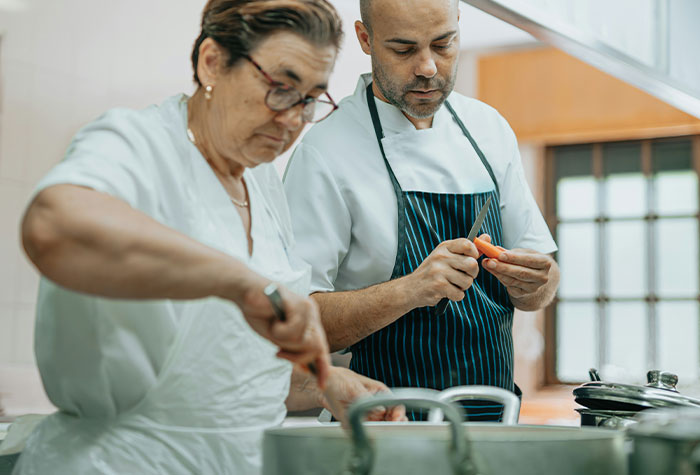
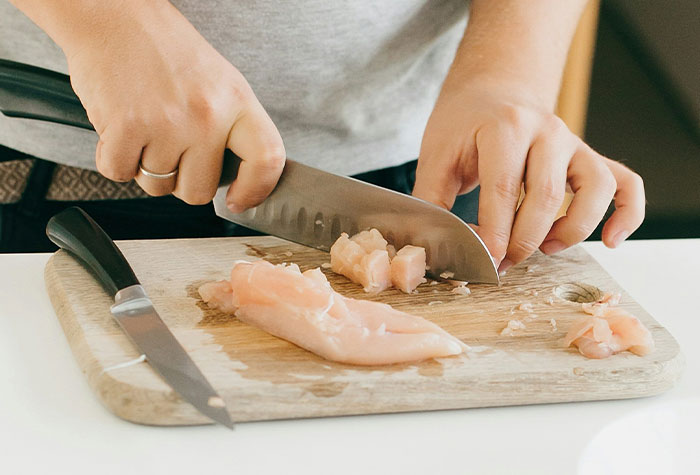 YOU DON’T NEED TO WASH YOUR CHICKEN. I will literally fight anyone who says you do. I’ve been cooking for 18 years, cook raw chicken weekly and have NEVER gotten sick. If anything washing chicken creates possible contamination.
YOU DON’T NEED TO WASH YOUR CHICKEN. I will literally fight anyone who says you do. I’ve been cooking for 18 years, cook raw chicken weekly and have NEVER gotten sick. If anything washing chicken creates possible contamination.
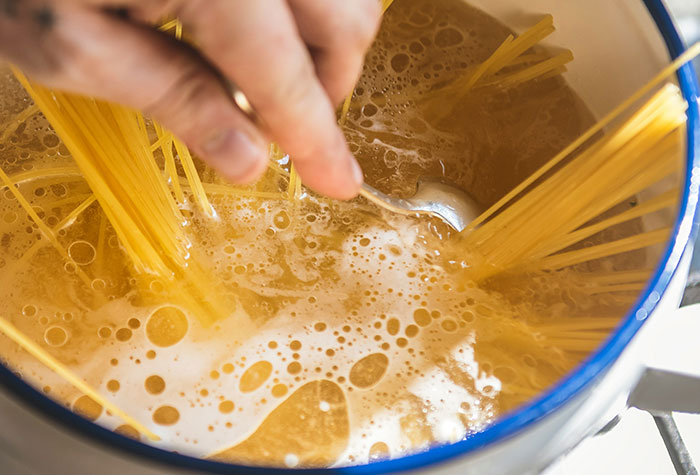 Throwing oil in pasta cooking water. Those two don’t mix. All you’re doing is wasting the oil. It will achieve absolutely nothing. If you’re concerned about them sticking and need to use it, use it *after* they’re cooking. Stop it.
Throwing oil in pasta cooking water. Those two don’t mix. All you’re doing is wasting the oil. It will achieve absolutely nothing. If you’re concerned about them sticking and need to use it, use it *after* they’re cooking. Stop it.
Edit:if you’re concerned about your pots boiling over you could always try paying attention.
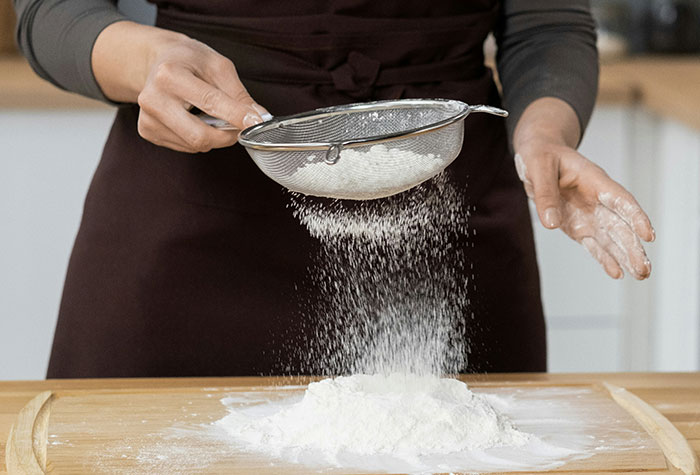 It depends a *lot* on specific recipes. But a couple that jump out at me:
It depends a *lot* on specific recipes. But a couple that jump out at me:
Garlic presses are perfectly acceptable alternatives to mincing garlic with a knife in many applications. Jarred garlic is perfectly acceptable in many applications.
Sifting flour doesn’t matter in most recipes (but matters a lot in a few).
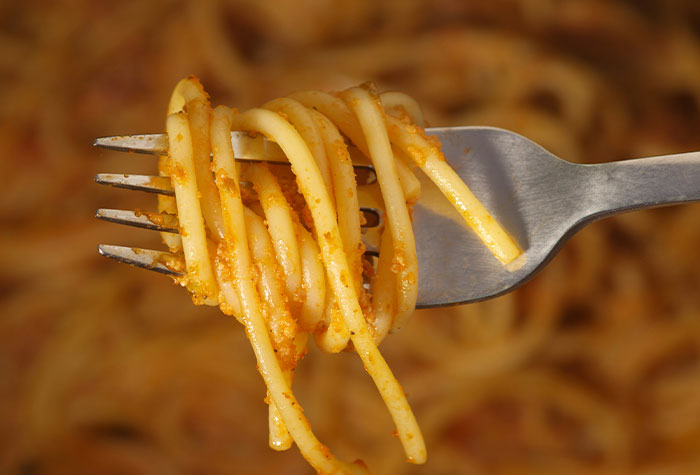 I’m going to continue breaking my spaghetti noodles into pieces that are more convenient to boil AND eat and nobody can convince me this is not a superior way of going about things!
I’m going to continue breaking my spaghetti noodles into pieces that are more convenient to boil AND eat and nobody can convince me this is not a superior way of going about things!
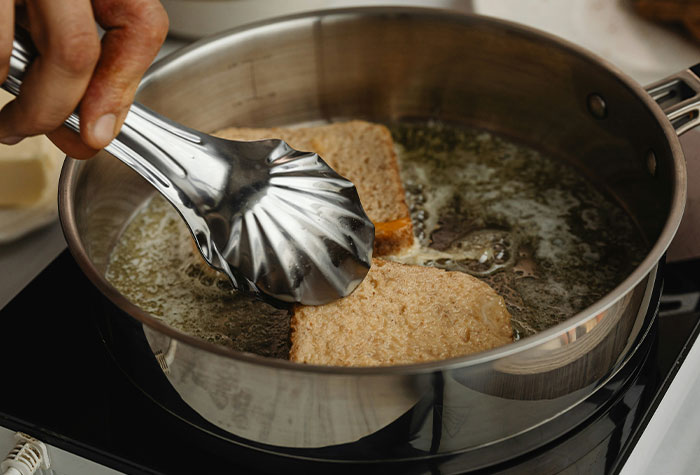 Using a screaming hot pan for searing. You can’t cook higher than the smoke point of your oil. All you’re doing is tripping your home’s smoke detectors, creating acrid oxidized fats that’s terrible for you and tastes bad.
Using a screaming hot pan for searing. You can’t cook higher than the smoke point of your oil. All you’re doing is tripping your home’s smoke detectors, creating acrid oxidized fats that’s terrible for you and tastes bad.
Maillard reaction only needs around 300-330F. Plenty of room below the smoke point to get a nice sear without breaking down your oil to acrid flavors.
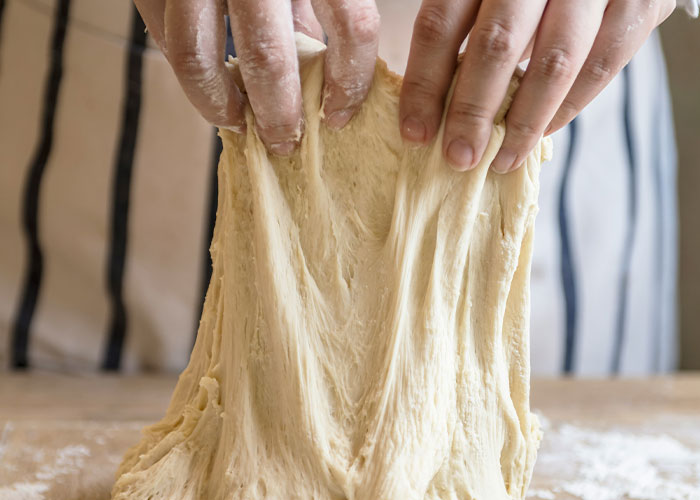 Active dry versus instant yeast.
Active dry versus instant yeast.
Most bakers and recipe writers say to just chuck the yeast in with the dries. The whole step of putting active dry yeast and warm water to bloom it is just checking the yeast is alive.
If you know you bought it relatively recently don’t bother with that step.
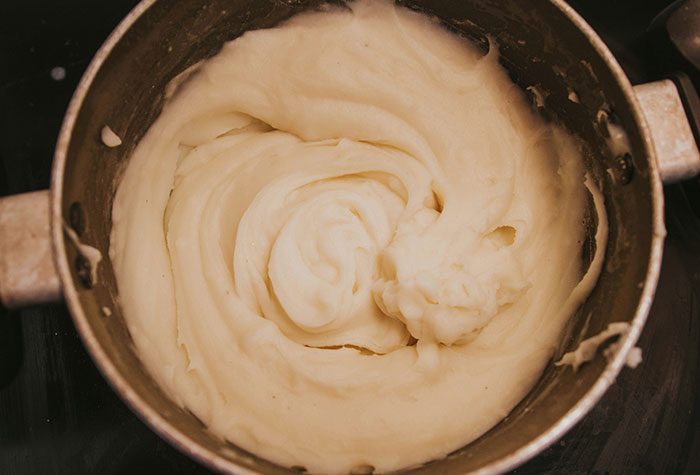 I made mascarpone and cream cheese from scratch the other day. All the recipes on line say to avoid using ultrapasteurized cream but it’s very hard to find cream that has not been UP these days. They say it could have the proteins already broken down. Considering that UT brings the cream to 185F for TWO SECONDS and when you make mascarpone or cream cheese you bring the cream to 185 for several minutes i reasoned that someone must have said this once for no good reason and now it’s in every recipe. It’s wrong! Made great mascarpone and cream cheese.
I made mascarpone and cream cheese from scratch the other day. All the recipes on line say to avoid using ultrapasteurized cream but it’s very hard to find cream that has not been UP these days. They say it could have the proteins already broken down. Considering that UT brings the cream to 185F for TWO SECONDS and when you make mascarpone or cream cheese you bring the cream to 185 for several minutes i reasoned that someone must have said this once for no good reason and now it’s in every recipe. It’s wrong! Made great mascarpone and cream cheese.
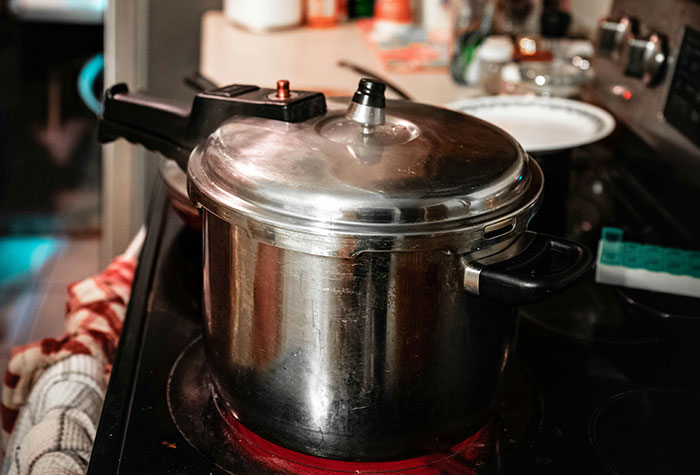 My husband’s British mother used to- get this- PRESSURE COOK the steak first- like, on a steam rack in the pot. Then she’d take it out and sear it. He swears, up down and sideways, that method makes scrumptious steak. I’m nearly 60, and I’m still too scared to try it 😂😂😂.
My husband’s British mother used to- get this- PRESSURE COOK the steak first- like, on a steam rack in the pot. Then she’d take it out and sear it. He swears, up down and sideways, that method makes scrumptious steak. I’m nearly 60, and I’m still too scared to try it 😂😂😂.
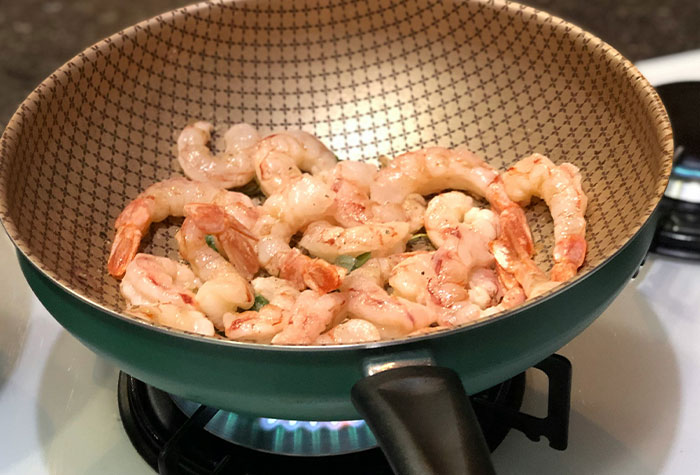 Frozen prawns (for Americans shrimp) will be soft and squishy when cooked.
Frozen prawns (for Americans shrimp) will be soft and squishy when cooked.
No they won’t, prawns and most fish are snap frozen at sea when they are straight out of the water, this process does not result in mushy prawns.
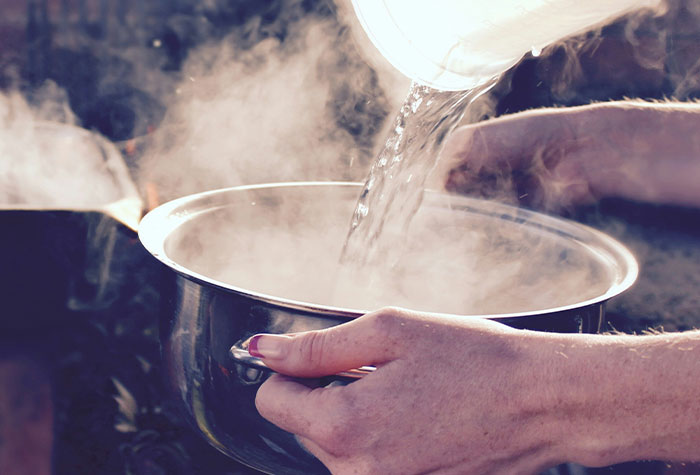 “Add hot liquid to roux and you don’t get lumps”
“Add hot liquid to roux and you don’t get lumps”
I have never heated the liquid I’m adding to a roux beyond maybe room temperature and have never had a lumpy or grainy end product.
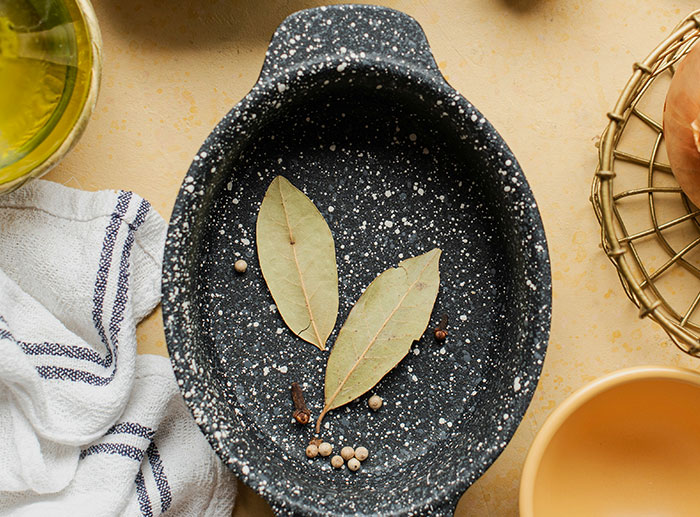 Personally, bay leaves in most stews that feature a lot of other herbs and spices. It definitely has a flavor, but if you’ve got a ton of basil and oregano in your Bolognese, I cannot taste the difference that a few bay leaves make.
Personally, bay leaves in most stews that feature a lot of other herbs and spices. It definitely has a flavor, but if you’ve got a ton of basil and oregano in your Bolognese, I cannot taste the difference that a few bay leaves make.


0 Comments